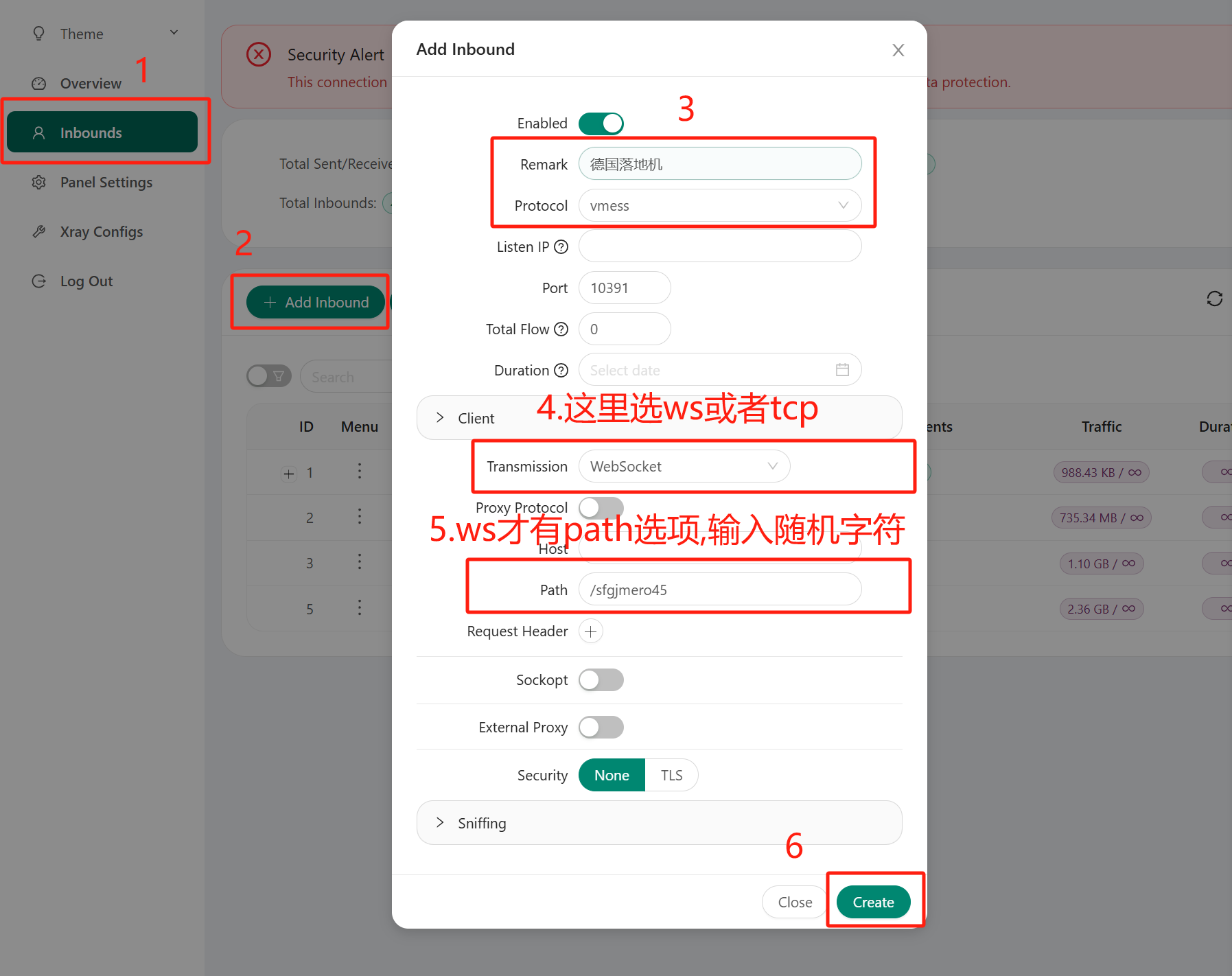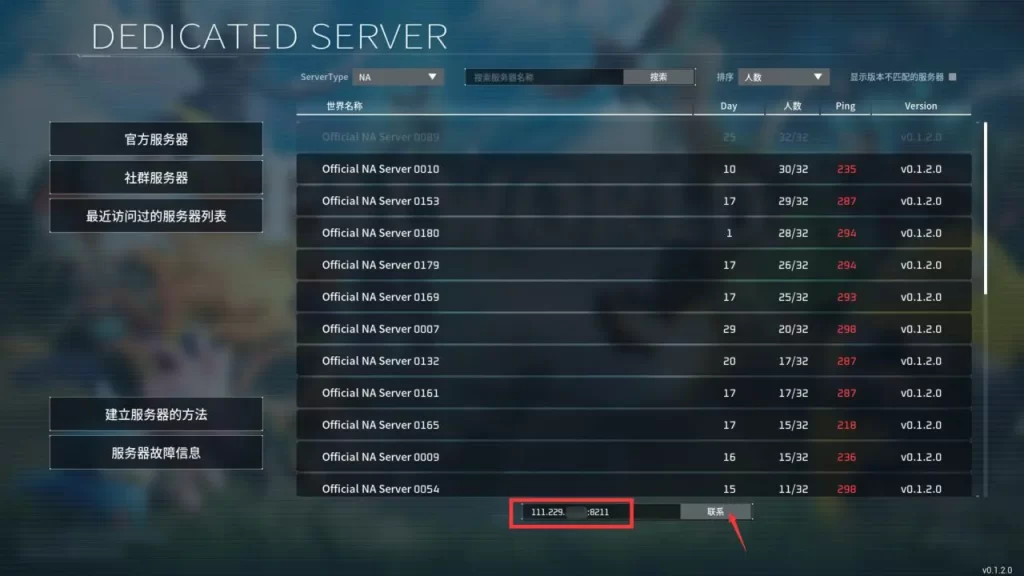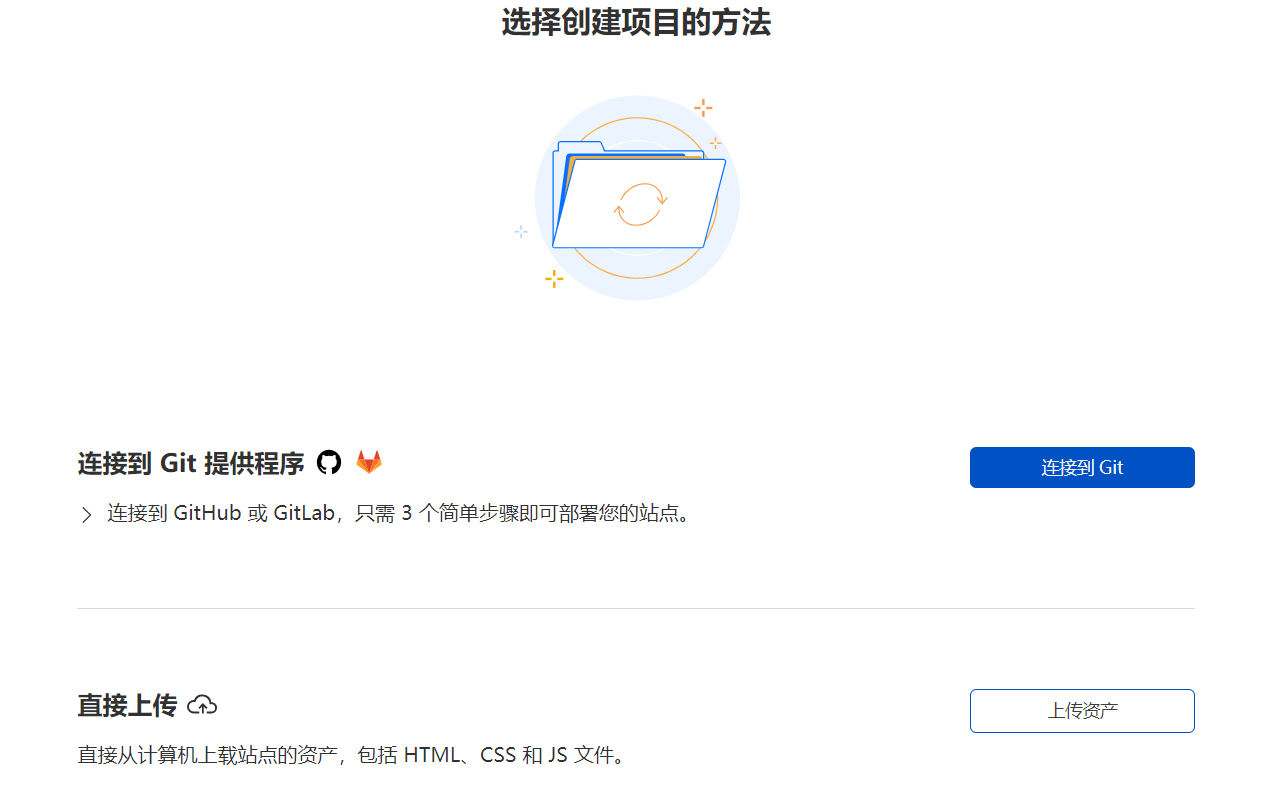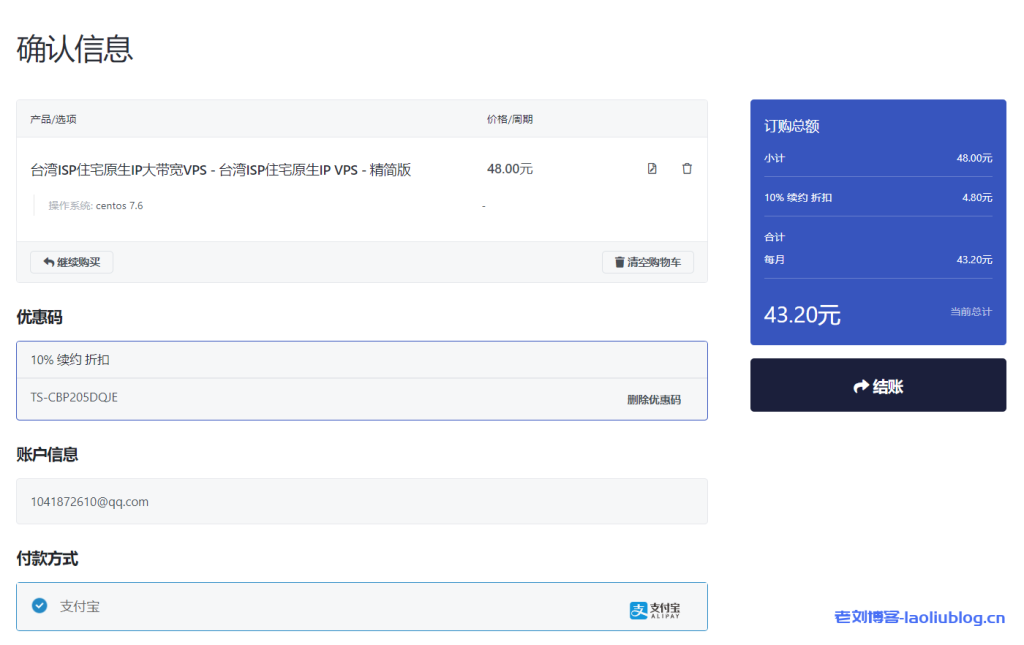这篇文章主要介绍了如何在WordPress发布文章时自定义文章作者名称。有时候网站会收到一些投稿文章,或者也会转载别人的文章,新创建一个用户又有些麻烦,但在作者名称那里显示自己的名字,总不是那么和谐。今天倡萌推荐 @西秦公子 的一个小插件,支持在后台自定义当前文章的作者名称,效果如下图所示:
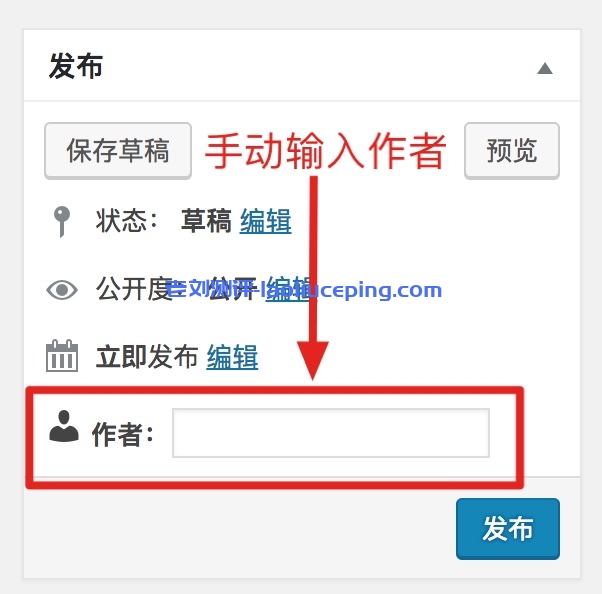
直接在后台插件安装界面搜索“自定义作者名称”即可在线安装,或者到官方下载:https://litepress.cn/plugins/custom-author/
如果转载或投稿文章比较多,老刘测评建议单独创建一个专门用于发布这类文章的用户,然后发布的文章的时候,自定义一下作者名称即可。
下面来看看这个小插件的代码:
<?php
/*
Plugin Name: Custom Author
Plugin URI: https://www.ixiqin.com/2018/06/wordpress-custom-author-plugin/
Description: 自定义作者插件
Version: 1.0
Author: Bestony
Author URI: https://www.ixiqin.com/
License: GPL2
License URI: https://www.gnu.org/licenses/gpl-2.0.html
*/
/* Copyright 2018 Bestony (email : xiqingongzi@gmail.com)
This program is free software; you can redistribute it and/or modify
it under the terms of the GNU General Public License as published by
the Free Software Foundation; either version 2 of the License, or
(at your option) any later version.
This program is distributed in the hope that it will be useful,
but WITHOUT ANY WARRANTY; without even the implied warranty of
MERCHANTABILITY or FITNESS FOR A PARTICULAR PURPOSE. See the
GNU General Public License for more details.
You should have received a copy of the GNU General Public License
along with this program; if not, write to the Free Software
Foundation, Inc., 51 Franklin St, Fifth Floor, Boston, MA 02110-1301 USA
*/
add_action('post_submitbox_misc_actions', 'cus_author_createCustomField');
add_action('save_post', 'cus_author_saveCustomField');
/** 创建一个checkBox */
function cus_author_createCustomField() {
$post_id = get_the_ID();
if (get_post_type($post_id) != 'post') {
return;
}
/**
* 提取现有的值
* @var boolean
*/
$value = get_post_meta($post_id, '_custom_author_name', true);
/**
* 添加 nonce 安全处理
*/
wp_nonce_field('custom_author_nonce' , 'custom_author_nonce');
?>
<div class="misc-pub-section misc-pub-section-last dashicons-before dashicons-admin-users">
<label><b>作者:</b><input type="text" value="<?php echo $value ?>" name="_custom_author_name" /></label>
</div>
<?php
}
/**
* 保存配置信息
* @param int $post_id 文章的ID
*/
function cus_author_saveCustomField($post_id) {
/**
* 自动保存不处理
*/
if (defined('DOING_AUTOSAVE') && DOING_AUTOSAVE) {
return;
}
/**
* nonce 信息不正确不处理
*/
if (
!isset($_POST['custom_author_nonce']) ||
!wp_verify_nonce($_POST['custom_author_nonce'], 'custom_author_nonce')
) {
return;
}
/**
* 用户无权编辑文章不处理
*/
if (!current_user_can('edit_post', $post_id)) {
return;
}
/**
* 存在此项目就更新
*/
if (isset($_POST['_custom_author_name'])) {
update_post_meta($post_id, '_custom_author_name', sanitize_text_field($_POST['_custom_author_name']));
} else {
/**
* 不存在就删除
*/
delete_post_meta($post_id, '_custom_author_name');
}
}
add_filter('the_author','cus_author_the_author');
function cus_author_the_author($author){
$custom_author = get_post_meta(get_the_ID(), '_custom_author_name');
if ($custom_author) {
return $custom_author[0];
} else {
return $author;
}
}核心思路就是通过钩子 the_author 来修改了文章作者的显示名称。限定了文章类型为 post(文章),见32行。
至此关于在WordPress发布文章时自定义文章作者名称就结束了。
 老刘测评
老刘测评





